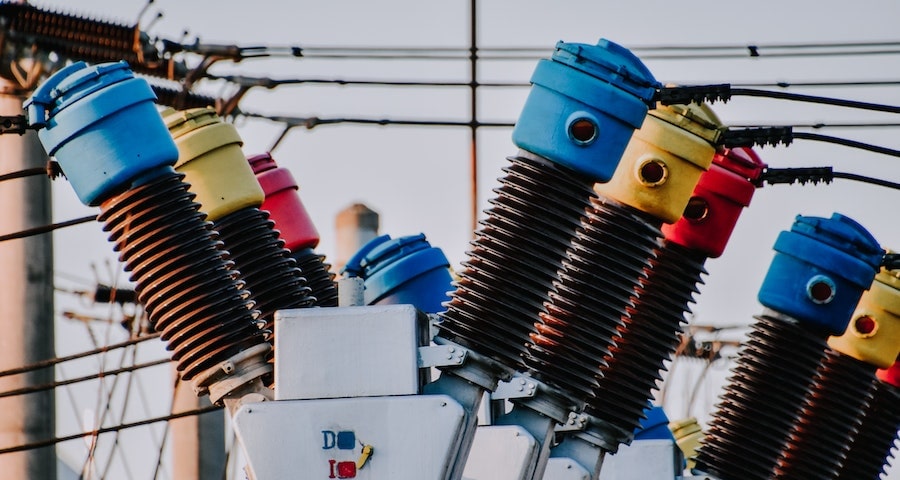
Electric power transmission has revolutionized the way we live and work. An integral part of the transmission system are high-voltage insulators, which help in the process of electricity transfer while keeping people and equipment safe. However, due to exposure to the environment and electrical surges, these insulators can deteriorate and compromise the integrity of the system. Hence, proper maintenance of high voltage insulators is crucial for reliable and safe power transmission.
Contents
Avoid System Failures
The purpose of high voltage insulators is to provide a barrier to prevent electric energy from escaping the transmission lines, thus allowing continuous and efficient power transfer. These insulators also provide insulation and protect the system against lightning and surges.
A fault or breakdown in high-voltage insulation could lead to system failures, extended power outages, or in rare cases, catastrophic accidents. Proper maintenance of high voltage insulators prevents these types of failures and optimization of system performance.
Extend The Lifespan Of Insulators
Continuous exposure to UV radiation, moisture, and temperature changes can cause surface erosion and physical degradation of insulators. The accumulation of pollutants on the surface of insulators can also degrade their performance and eventually lead to contamination flashovers.
Regular cleaning and inspection of high-voltage insulators can prevent contamination and increase the lifespan of the insulators.
Reduce Maintenance Cost
Proper maintenance of high-voltage insulators is more cost-effective than reactive measures. Preventive maintenance involves regular cleaning and visual inspection, which easily detect early signs of surface degradation, and treatment of any issues found. Waiting for a catastrophic failure could necessitate a more extensive inspection and maintenance involving significant cost, time, and resources.
Comply with Regulations
Failure to maintain high-voltage insulation can result in steep fines and even legal liability in some cases. Depending on the country or state of installation, regulatory bodies may require periodic inspection and maintenance of the transmission systems. Compliance with these regulations is essential to prevent accidents and improve the overall safety of the system.
Increase System Reliability and Safety
Proper maintenance of high-voltage insulators is pivotal for the reliability of the transmission network. Routine inspection and cleaning can unload the full circuit voltage, reducing the risk of electrocution or equipment damage caused by surface deterioration. Furthermore, maintenance can increase the system’s level of safety by preventing contamination flashovers and double or multiple circuit failures.
Conclusion
In conclusion, proper maintenance of high-voltage insulators is essential to ensure the reliability, safety, and longevity of the transmission system. Regular cleaning, inspection, and replacement of damaged insulators prevent outages, extend lifespan, and lower maintenance costs.
Improper maintenance or neglected inspection and cleaning of insulation can lead to severe consequences, including major system damage, extended outages, and costly repairs. Consequently, it is necessary to develop and maintain proper maintenance programs to ensure safe and reliable power transmission.
